author of Honorable Influence - founder of Mindful Marketing
Cobranding with the apparel company Cactus Plant Flea Market, McDonald’s recently released a limited-edition Happy Meal intentionally targeted to adults. At $12.69 each, the big kids’ meals aren’t very wallet friendly. They’ve also disappointed some who couldn’t find a restaurant that had them or who got Cactus Buddy, the apparel brand’s mascot, instead of the classic McDonald’s character they wanted.
Still, buzz has been strong and sales brisk, leading some to conclude that “the promotion has been hugely successful for McDonald’s.” The fast-food icon is just one of many firms that are playing on nostalgia to target adults for kids’ products, for instance:
- American Girl Cafes host birthday parties and other gatherings just for grown-ups and the dolls they bring.
- Play-Doh has created several varieties of its finger-friendly clay in grown-up scents including mom jeans, latte, six-pack, and lawn scent.
- Kohl’s carries a 4 ft. high legacy Pac Man video arcade game for $450.
- Amazon has an entire category of “nostalgic toys” that includes the Magic 8 Ball, Lite Brite, Lincoln Logs, Slinky, Spirograph, Candy Land, Operation, Evel Knievel, and Etch a Sketch.
- LEGO sells a mini version of Jerry Seinfeld’s bachelor pad from the 1990’s sitcom. [More about LEGO below]
Are these nostalgic products always profitable? Probably not. It’s doubtful that any approach the sales volume they once enjoyed; however, given that their design costs have long-since been covered, manufacturing processes have likely improved, little advertising is needed, and they can be sold online with relatively low overhead at premium prices, most of these items probably do make money — their proliferation is evidence.
So, it seems that selling nostalgic play to adults is often effective marketing, but is it ethical?
Two plausible moral concerns are that when adults play, they waste resources, namely time and money:
- There’s an opportunity cost that comes with play – when we’re playing we’re typically not doing other things, like working, so we’re being unproductive.
- Play can be expensive. Some people spend thousands and even tens of thousands of dollars a year on hobbies such as mountain climbing, boating, skydiving, and car collecting.
However, there also are very compelling arguments supporting that people of all ages need to play, or be “joyfully immersed in the moment.” While there are undoubtedly other benefits, here are five reasons why adults should play:
1. To learn: Videos like this one of lion cubs stalking and pouncing on each other show how play helps them begin to learn to hunt. Most of us also learned specific and generalizable skills through childhood play.
2. To maintain skills: As we grow older, our physical and cognitive abilities naturally decline. Play is one way to slow that descent, whether it’s by participating in a low-intensity sport or doing word puzzles.
3. To develop relationships: People build bonds with others in many different settings, e.g., work, school, church, and play. Friendships often form among individuals on sports teams, chess clubs, hiking groups, etc.
4. To reduce stress: Life at times has hardships and frustrations. Physical play helps us burn off anxious energy, while mental engagement in play often elicits laughter, positive thoughts, and good memories that help keep bad ones at bay.
5. To serve others: Each of the above reasons for play are pretty intuitive. This last one isn’t, at least it wasn’t for me until I connected with a colleague, RJ Thompson, who takes play to another level that one might call play with a purpose.
Thompson is the director of digital marketing in the Joseph M. Katz Graduate School of Business and College of Business Administration at the University of Pittsburgh. He’s also an award-winning graphic designer and the president of the Pittsburgh Chapter of the American Marketing Association. Those are impressive credentials, but the reason I reached out to him is because he’s a grown man who still loves Legos.
A resident of Bellevue, PA, Thompson recently completed construction of a 45 ft. Lego model of his town’s Lincoln Avenue using over 20,000 of the tiny bricks. What’s more, with only photos for reference and using as many as 30,000 bricks, he spent six months building a 30”L x 30”W x 45”H model of Bellevue’s Andrew Bayne Memorial Library that splits in half to reveal its fine inside detail. Each model cost thousands of dollars.
Why would an accomplished professional spend so much time and money playing with building blocks? Thompson credits LEGO for fanning his creative flame at a very young age and opening for him doors to design, teaching, and entrepreneurship. However, the impact of these epic Lego projects extends far beyond his personal enjoyment of the pastime.
First, the projects have afforded some priceless family time for Thompson and his daughter, who has inherited her father’s curiosity and creativity. Furthermore, with help he moved the massive models from his home to the Library where they served as the centerpiece of a fundraiser that drew hundreds of people and raised $1,500 for renovations to the Library’s children’s areas. Many kids were fascinated by the models and inspired to start their own Lego building projects.
As Thompson’s experience illustrates, play can be more than respite from work, mental relaxation, etc. Those personal benefits are very important in their own right; however, play can achieve a whole other level of significance when used like Thompson uses it, to serve others.
His examples left me wondering, though, with his play becoming so other-oriented, does he still find the same pleasure he once did, building with the miniature bricks? Thompson says he “definitely does,” adding:
“There are some models or kits I see that I absolutely have to have - so there is an anticipatory angle to it where I get excited just as much as my kid does about certain sets. When it first came out, I had to have Dr. Strange's 'Sanctum Sanctorum' model.”
As an artist and a marketer with a heart for play, Thompson shows how a pastime can become even more than a win-win: Purposeful play can have a triple or even quadruple bottom-line of positive impact. Those that sell nostalgic play help bring back fond childhood memories and remind us of the benefits of “Mindful Marketing.”
Learn more about the Mindful Matrix.
Check out Mindful Marketing Ads and Vote your Mind!

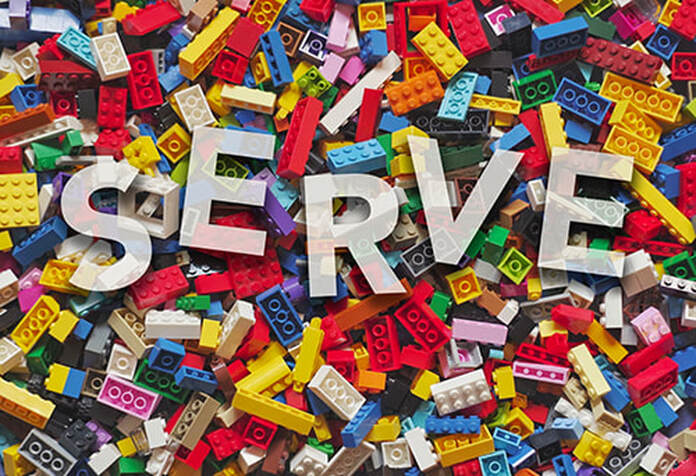
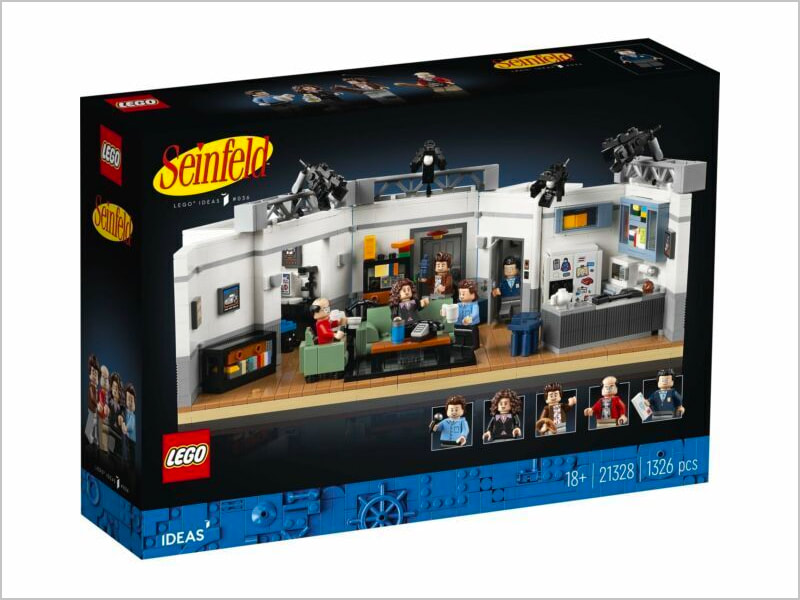
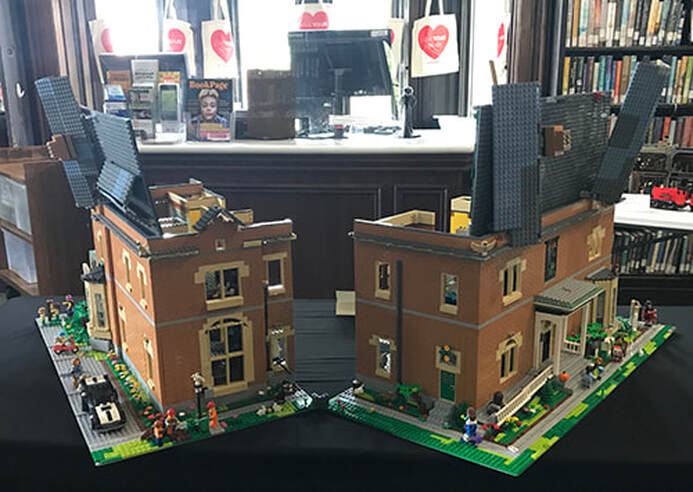
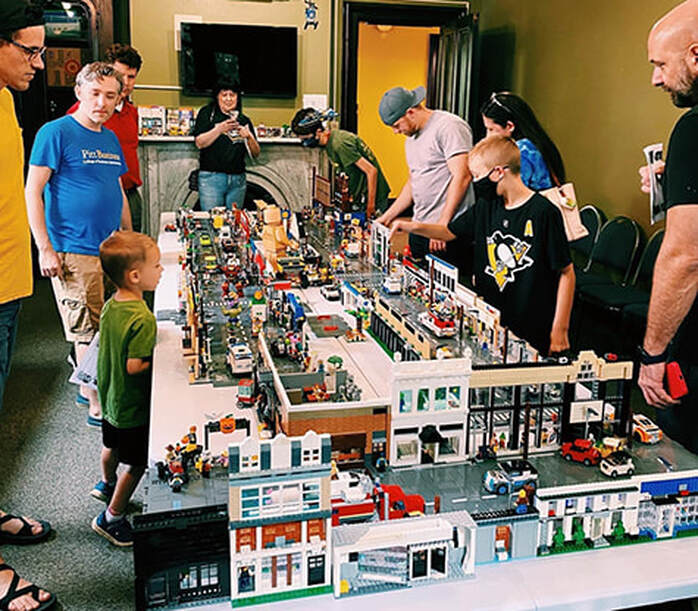
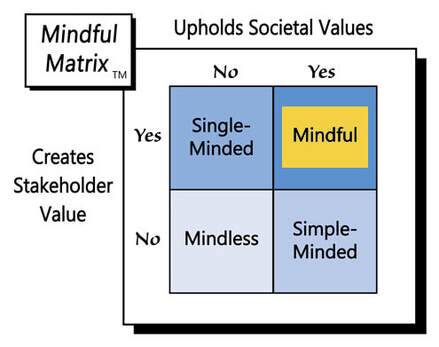
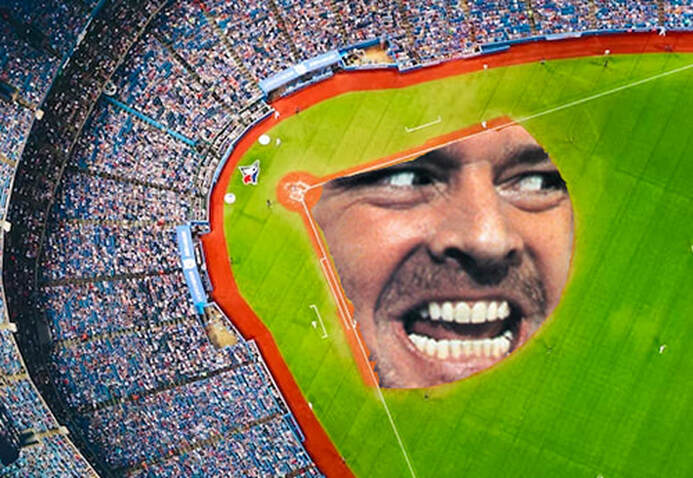
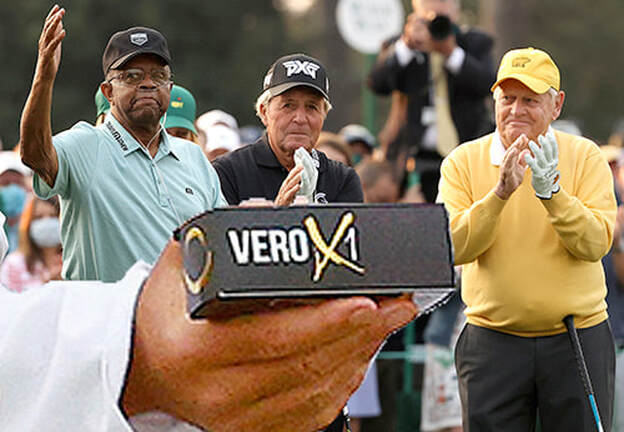

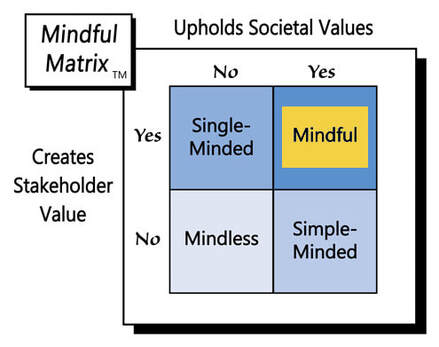
 RSS Feed
RSS Feed